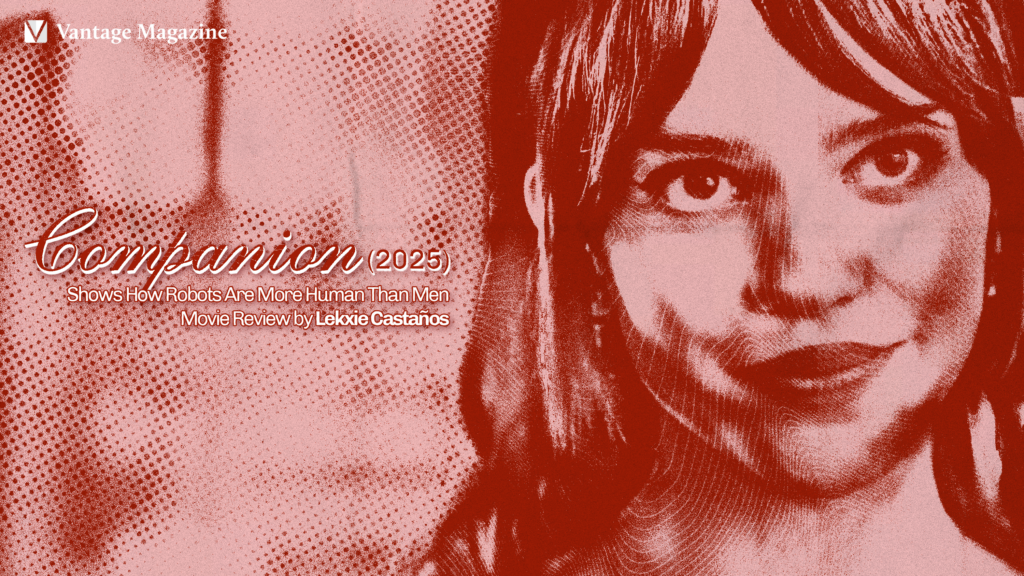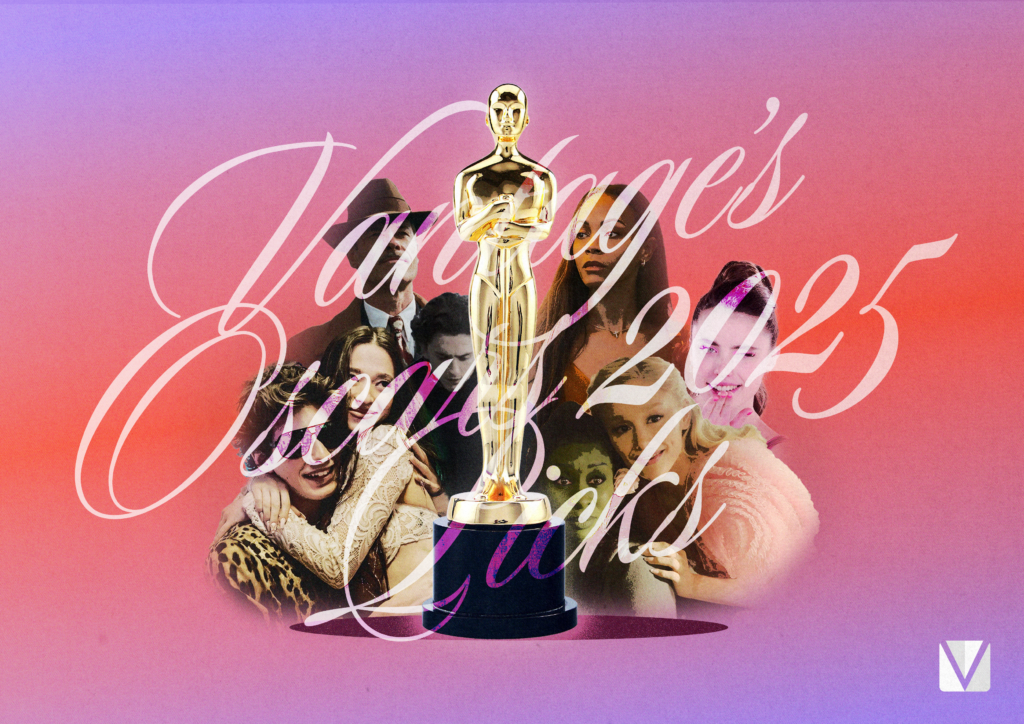“Masama ba akong tao? (Am I a bad person?)”
This is a question asked by Luciana (Jean Garcia), the protagonist of Tyrone Acierto’s Watch Me Kill. From the start, viewers get to know her as a resolute assassin, one who never misses a shot. But in pursuit of a client’s gemstone, she encounters a meek teenage girl named Aurora (Junyka Santarin). Luciana aims at her, but doesn’t shoot to kill—and in that moment’s hesitation, the assassin’s resolve withers. As she takes the girl home with her, Luciana’s internal turmoil surfaces as she struggles to keep her emotions intact. Watch Me Kill then reflects a different side to this antihero through ingenious visuals, despite a flawed screenplay.
Garcia’s performance as a steely, but internally turbulent assassin peaks whenever she throws fits of rage—towards Aurora or those who mistreat her—evocative of John Lloyd Cruz’ similarly captivating turn in Honor Thy Father (2015). Both violently cross the flimsy threshold between humanity and insanity in mere moments. With this powerful performance, Garcia leads the audience to wonder more about the root of Luciana’s emotions. Goosebumps are sure to rise as Garcia contorts her face into varying levels of confusion, frustration, or anger in a matter of seconds.
Despite this, her portrayal of the cold-blooded Luciana sometimes feels lacking. The occasional awkwardness in her stance contradicts the coldness expected of her character. In delivering certain lines, Garcia also fails to embody the hardened brutality of a killer and instead shows strains of her soap opera background. She tries to mask a refined doña’s accent by deepening her voice to no avail.
However, these lapses are minor when compared to the film’s struggling script. Some lines are thought-provoking, vital to the expression of the lead’s internal conflict and Aurora’s newfound role in Luciana’s life. Yet, others are too ambitious in an attempt to provide profound quotes for viewers to take home and end up sounding hackneyed instead. Although Watch Me Kill succeeds in showing Luciana’s complexity, its screenplay undercuts these layers with corny dialogue inspired by the most run-of-the-mill action flicks.
But the film does set itself apart through clever setting and editing choices. To begin with, the placid rural landscapes and Luciana’s outwardly stoic gaze contrast the burning anger that drives her to kill. Repeated shots of mirrors also seem to suggest the main theme of a killer’s introspection. At some points, these creative metaphors even take a surrealistic turn: Using a cut fish head, for instance, to represent a decapitated human head. All these symbols add not only style, but substance to the plot as it delves deeper into the character of Luciana.
The psychological themes and motifs of Watch Me Kill indeed make it a heavy film. Audiences are treated to a portrayal of a woman’s chaotic psyche alongside captivating cinematography. Though the weak script shoots holes into the film’s high points, those who want a closer look into a multifaceted antihero will still find Luciana’s story worth the watch.
Photo sourced from IMDb






